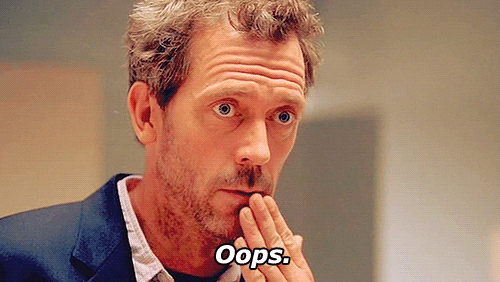Make your tax-deductible gift by December 31—every gift matched, up to $150,000!
In this moment, the future of our rights, our bodily autonomy, our freedom feels uncertain. What we do next will make a difference for decades to come.
Make your tax-deductible gift by December 31—every gift matched, up to $150,000!
In this moment, the future of our rights, our bodily autonomy, our freedom feels uncertain. What we do next will make a difference for decades to come.
Double your impact in the fight to defend and restore abortion rights and access, preserve access to affordable child care, secure equality in the workplace and in schools, and so much more. Make your matched year-end gift right now.

Just avoid mosquito bites. Get everyone some DEET, some long sleeves, some travel warnings, maybe eradicate the mosquito population. Once those solutions are finally funded, that should do it, no more Zika virus. We see this head in the sand view everywhere. Just look at Congress, which has refused to pass legislation this summer that would address Zika in a meaningful way.

By now it should be obvious that these solutions are not enough. Zika isn’t just exclusively a mosquito-borne illness. It can also be sexually transmitted, and therefore mosquitoes are only part of the problem. Unfortunately, a recent survey shows that more than half of Americans don’t know that Zika can be sexually transmitted. MORE THAN HALF. This means that over 50 percent of the U.S. population doesn’t fully know how to protect themselves, placing them at an increased risk of transmission. Even with this knowledge, Congress and some state policy makers continue to be mosquito-centric as they address Zika, ignoring the importance of educating the public on sexual transmission. As Lilian Tamayo, CEO of Planned Parenthood of South, East, and North Florida, rightly pointed out “[y]ou cannot have a Zika strategy that focuses solely on mosquitoes. You can’t cherry pick the CDC strategy.”
I completely agree. Hard pass on the cherry picking.

Federal and State Education Efforts Are Failing Medically Underserved Communities
In Florida, which is currently ground zero for local Zika transmission, the state’s response has focused predominantly on education about how to avoid mosquito bites and mosquito population reduction. The state is leaving out information on protecting against sexual transmission.

Telling communities to avoid mosquito bites is not enough. Access to reproductive health care services and education about how to prevent the sexual transmission of Zika is critical to combating this public health crisis. Unfortunately in Florida, where the state has cut health department budgets, declined to expand Medicaid, and openly backed legislation aimed at defunding Planned Parenthood, comprehensive solutions not only seem far away, they are far away. Florida’s Zika response has ignored a dire information gap. This information gap hurts Florida’s medically underserved communities, many of which are Latinx and already face disproportionate access to health care. This already disproportionate access puts these Florida communities at an even greater risk of receiving inadequate Zika prevention and care.

Planned Parenthood Is Dropping Some Knowledge
This is why Planned Parenthood of Florida and other advocates are stepping up and going door to door for the next six weeks to canvass and educate local communities about Zika.
YES!

Planned Parenthood is targeting those of reproductive age, especially young women, who have likely not been reached by state or federal Zika education efforts. In fact, volunteers will visit 25,000 households as part of these canvassing and education efforts, providing Zika kits for pregnant women containing items such as insect repellent and standing water treatment. The organization is also providing comprehensive educational materials in Spanish, English, and Creole, as well as condoms for everyone, including pregnant women.
Can we pause to give major props?
 When both the state and federal government fails to respond appropriately to a public health crisis such as Zika, it is fortunate that organizations on the ground are willing to step up and acknowledge that the solution is multifaceted and requires comprehensive education. Planned Parenthood is providing medically underserved communities in Florida education both about mosquito prevention and about reproductive health. No cherry picking. We should continue to fund and stand in solidarity with organizations that work to ensure information and resource gaps like this one are filled. That’s a solution! And that’s a reason to celebrate.
When both the state and federal government fails to respond appropriately to a public health crisis such as Zika, it is fortunate that organizations on the ground are willing to step up and acknowledge that the solution is multifaceted and requires comprehensive education. Planned Parenthood is providing medically underserved communities in Florida education both about mosquito prevention and about reproductive health. No cherry picking. We should continue to fund and stand in solidarity with organizations that work to ensure information and resource gaps like this one are filled. That’s a solution! And that’s a reason to celebrate.